Paralegal skills required
Firstly, Due to ongoing changes and developments in the legal profession, employers require Paralegals with the skills, knowledge and experience to carry out increasingly complex and demanding work. This article from leading legal jobs board TotallyLegal lays out exactly what employers look for in Paralegals. So you can make sure your job applications and interviews are as competitive as possible.
Specialist practice area knowledge
Naturally, employers often seek to fill their Paralegal vacancies with individuals who have relevant specialist practice area knowledge and experience. Make sure to draw attention to any sector-specific experience in the personal statement and work experience sections of your CV. And be as precise as possible. For example, don’t just write that you have worked in a residential property team. If you have specialist experience of new build properties or plot sales, then say so.
Communication and client facing skills
Higher levels of responsibility and increased contact time with clients means that Paralegals with top communication skills have a more competitive edge than ever before. Employers are highly impressed by those people. They are able to demonstrate previous experience of thinking critically and communicating clearly to solve problems for clients and colleagues alike. Foreign language skills are always an added bonus.
Paralegal skills required: Technology skills
As developments in technology continue to shape and influence the legal profession, Paralegals who have experience of the most popular software and an aptitude for learning how to use the latest programs have a competitive edge. At a minimum, you should be able to demonstrate competency with Microsoft Office, billing software and case management systems. Plus any sector-specific tech like litigation or eDiscovery programs.
Fee earning experience
The role of the Paralegal is evolving. With an increasing number of these professionals doing the kind of work that used to be reserved for trainee and junior Solicitors. A growing number of law firms are hiring Paralegals to take on their own caseloads of fee earning work. While in-house Paralegals have hands-on involvement with contracts, compliance and commercial law. If you’re going for a job that involves this level of work and you have relevant experience, make sure to shout about it.
For more information on how the role and responsibilities of Paralegals are changing, check out TotallyLegal’s recent article about the Paralegal profession in 2020.
Independence and autonomy
Lawyers are very busy people. And though you will receive their guidance and support, employers want to see that you can carry out your work and deliver results with minimal supervision. When applying for jobs and preparing for interviews, think about examples from your work history where you have taken the initiative and solved a problem autonomously.
Time management and organisational skills
The life of a Paralegal is highly demanding, with numerous tasks and competing priorities every day. With so much to do for so many people, Paralegals must always keep one eye on their time management and organisation to ensure deadlines are met, clients are happy and colleagues can do their jobs. To impress a potential employer, you must be able to anticipate the needs of Lawyers and clients. And always be looking for more efficient ways of working.
Membership to the Institute of Paralegals
Certainly, Employers need Paralegals who they can rely on to consistently deliver high-quality work and results. By becoming a member of the Institute of Paralegals you demonstrate a commitment to exceptionally high standards. And ethics in your working practices. Thereby providing assurance to potential employers that you are a Paralegal of the highest calibre.
In conclusion, For more career advice visit TotallyLegal. And for the latest Paralegal jobs check out the Institute of Paralegal's Job Board (powered by TotallyLegal).



